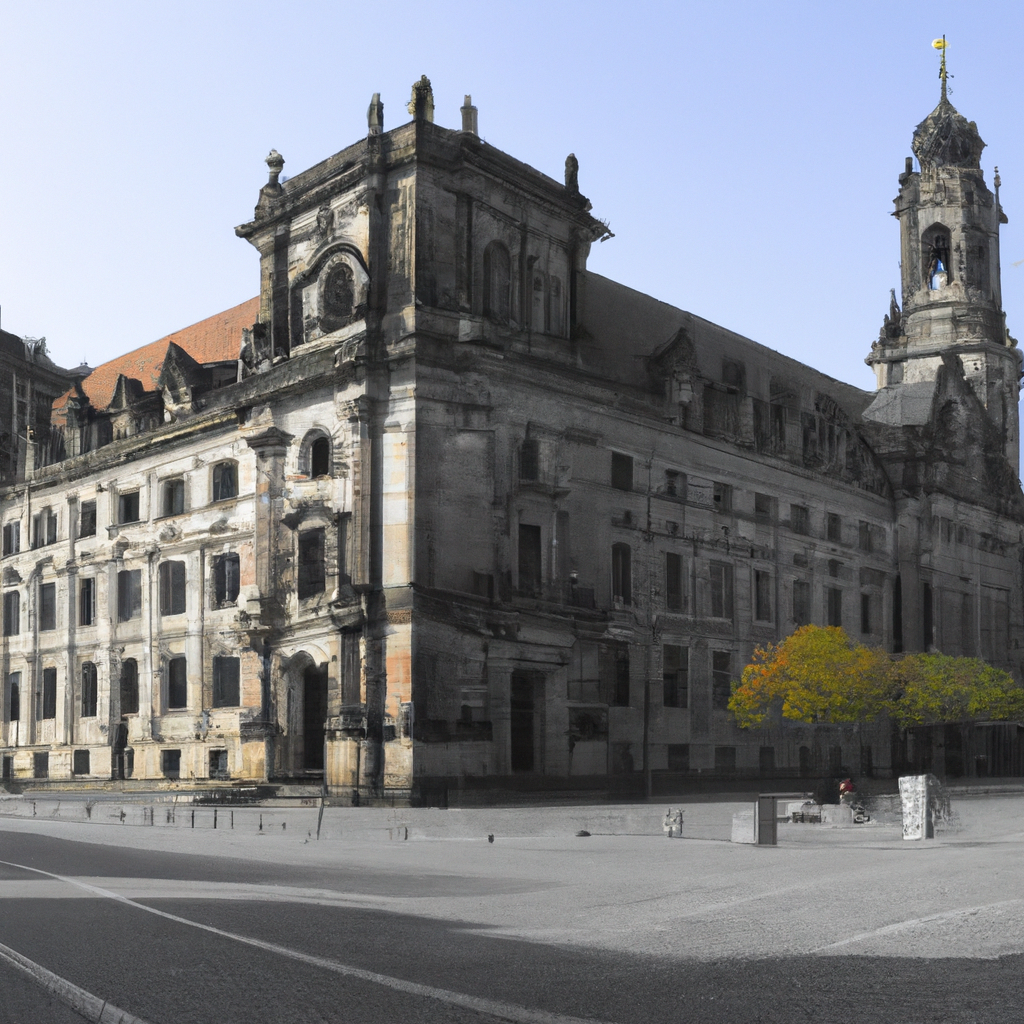A Journey Through Germany’s Rich History
In the vast tapestry of world history, few nations have contributed as much as Germany. From its invigorating philosophy to its technological innovations, Germany has forever left its mark on the world. This article will take you on a voyage through the centuries, exploring the captivating history of Germany, its seismic events, and its enduring influence on the globe.
The Dawn of German History
Germany's history is as complex as it is fascinating. The region that we now know as Germany was home to a number of ancient and medieval societies.
The Germanic Tribes
Before the emergence of a unified German state, the region was a patchwork of tribes. The Germanic tribes, such as the Goths, Vandals, and Saxons, were among the most powerful. They played a significant role in the downfall of the Roman Empire and shaped the trajectory of European history.
The Holy Roman Empire
During the Middle Ages, the territory of modern Germany was the heartland of the Holy Roman Empire. Despite its name, the Holy Roman Empire was a loose confederation of territories spread across Central Europe. Its complex political structure laid the groundwork for the fragmented nature of German states in later years.
Unification and Empire
The 19th century marked a pivotal period in German history. After centuries of fragmentation, Germany was unified under the leadership of Otto von Bismarck.
The Rise of Prussia
Prussia, initially a small duchy, grew to become one of the most powerful states in Europe. Under the leadership of Otto von Bismarck, Prussia spearheaded the unification of Germany, which culminated in the proclamation of the German Empire in 1871.
The German Empire
The German Empire emerged as a dominant force on the global stage. However, its aggressive foreign policy and militarism set the stage for the tensions that would eventually explode into World War I.
The World Wars
The first half of the 20th century saw Germany embroiled in two devastating World Wars.
World War I
Germany’s defeat in World War I led to severe repercussions, both domestically and internationally. The Treaty of Versailles imposed heavy penalties, leading to economic instability and political discontent.
World War II
Riding on the wave of discontent, Adolf Hitler and his Nazi Party rose to power, leading to World War II. This period marked one of the darkest chapters in human history, with the Holocaust resulting in the genocide of six million Jews.
Post-War Germany and the Modern Era
Post-war Germany was divided into East and West Germany, reflecting the wider divide of the Cold War.
The Berlin Wall
Symbolizing the division of Germany, the Berlin Wall separated East and West Berlin from 1961 until its fall in 1989. This marked the beginning of the end for the division of Germany.
Reunification and Beyond
Germany was officially reunified in 1990. Since then, it has grown into one of the world's most powerful and stable economies, playing a pivotal role in the European Union.
Conclusion
Germany's history is a rich tapestry of triumph and tragedy, unity and division. From ancient tribes to a modern powerhouse, it has left an indelible mark on the world. Understanding Germany's history helps us appreciate its present and anticipate its future. As we move forward, we can be certain that Germany will continue to shape the course of global events.
For anyone interested in delving deeper into Germany's history, a wealth of resources awaits. The journey through the past is not only enlightening but also provides a profound understanding of how history shapes our present and future. So, let's continue exploring and learning together.
